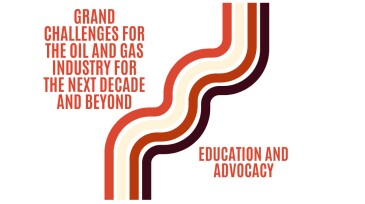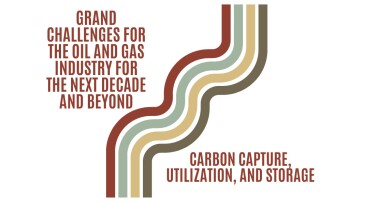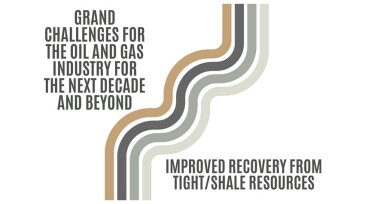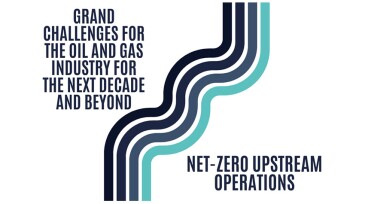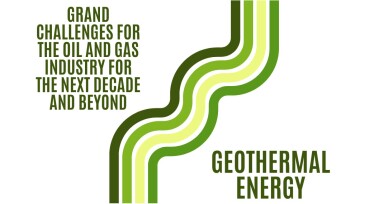SPE Grand Challenge
-
The energy industry faces a shortage of skilled professionals, and high salaries aren’t enough to attract new talent. We need to show how careers in this field offer meaning and stability, with transferable skills across energy sectors.
-
The Earth has huge capacity to store carbon dioxide emitted from energy production. This article discusses the technology of carbon capture, utilization, and storage (CCUS) and its challenges.
-
Digital transformation presents a crucial opportunity to cut costs across business domains. This review explores unique digital transformation opportunities in the petroleum industry, highlighting valuable business process automations that can drive significant benefits.
-
The exploration and extraction of hydrocarbons from tight or shale formations have revolutionized the global energy landscape, unlocking vast oil and gas reserves previously considered inaccessible. This article intends to explore the complexities of hydrocarbon extraction from tight and shale reservoirs.
-
At COP28, more than 50 oil and gas companies took a historic step toward decarbonization by launching the Oil & Gas Decarbonization Charter. This article explores the importance of this effort, the opportunities available to the industry to reduce its Scope 1 and 2 emissions, and the key technologies needed to achieve the net-zero goal.
-
The challenges that geothermal energy faces to become a leading player in the net-zero world are well within the areas of expertise of the SPE community, ranging from rapid technology implementation and learning-by-doing to assure competitiveness to establishing suitable funding mechanisms to secure access to capital.
-
A decade ago, SPE defined key R&D and technology challenges for the industry. To address the more uncertain environment of the 2020s and beyond, we have updated the grand challenges via a January 2023 SPE workshop.
-
The first brief flight at Kitty Hawk in 1903 did not immediately make the Wright brothers famous; however, within 5 years, enthusiasm for the new technology began to spread around the world. Louis Blériot won a prize for flying over the English Channel in a heavier-than-air craft in 1909, and Charles Lindbergh won the USD 25,000 Orteig prize for the first nonstop flig…

